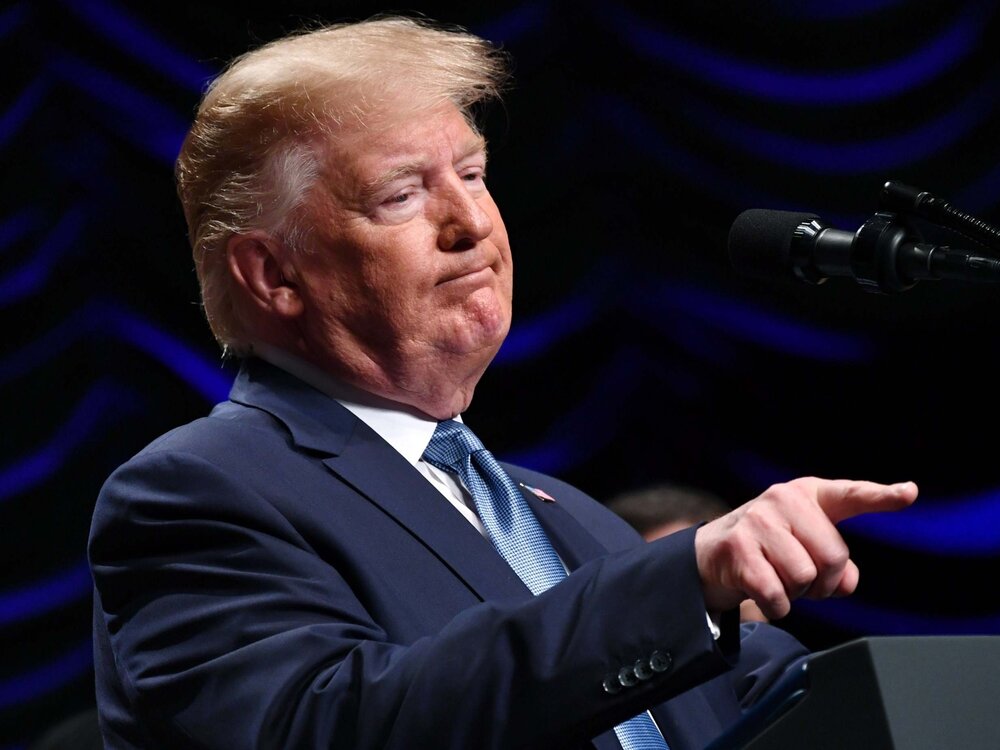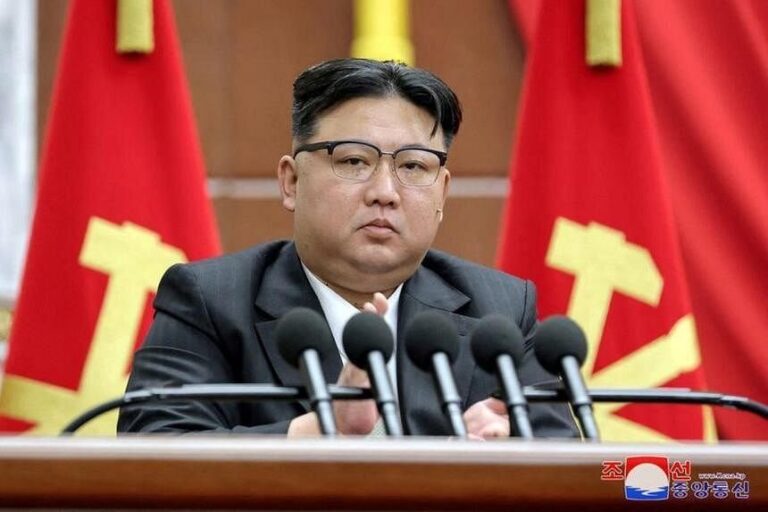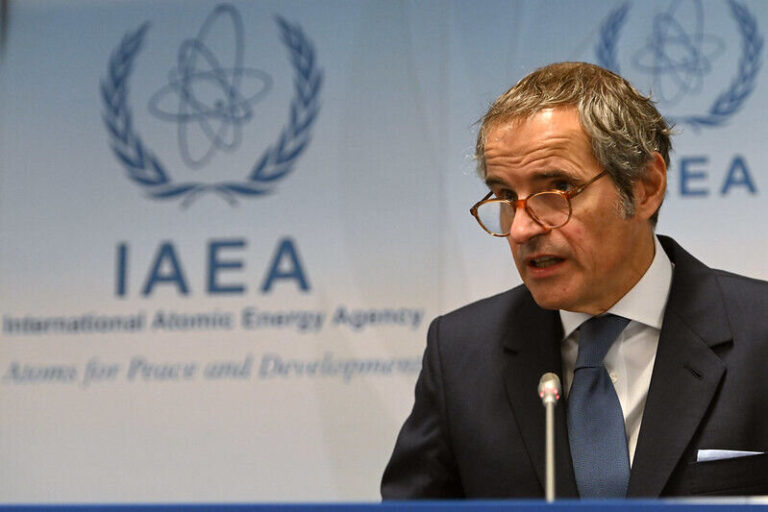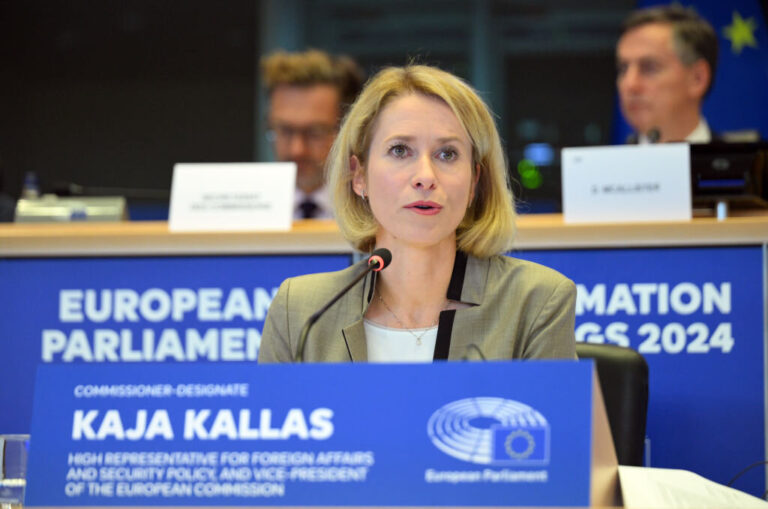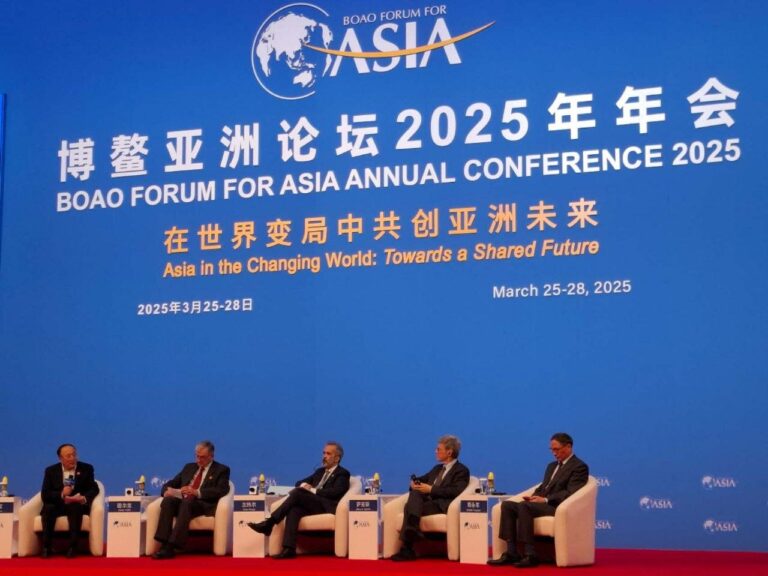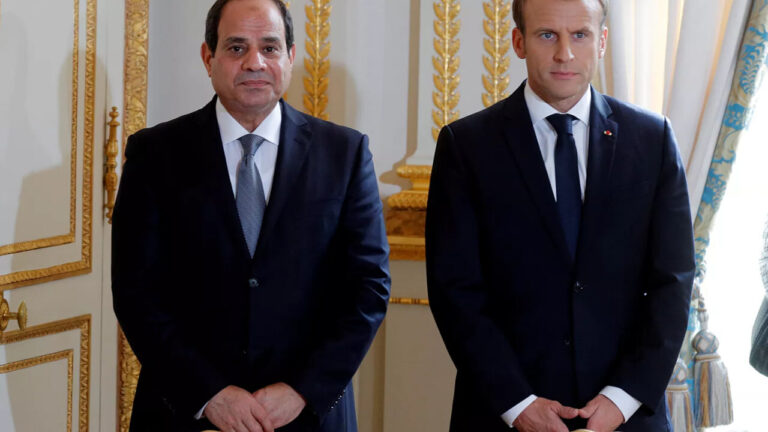Trump’s Promised Bonanza: Why Power Politics May Fall Short – Insights from Foreign Affairs
The Price of Trump’s Power Politics explores the implications of the United States’ shift back to a power politics approach under President Trump. This article, published on January 30 by Foreign Affairs, reflects on how this strategy might not yield the promised benefits and could significantly reshape global dynamics.
The authors, Ivo H. Daalder, a former U.S. Ambassador to NATO, and James M. Lindsay, director of fellowship affairs at the Council on Foreign Relations, argue that the era of Pax Americana has come to an end. The inception of this order can be traced back to the aftermath of World War II, but it has faced challenges, particularly with the rise of Trump’s administration.
Key points addressed in the article include:
- Trump’s Skepticism: The president’s skepticism towards U.S. support for allies such as Ukraine and Taiwan, alongside his willingness to impose tariffs, reveals a stark departure from traditional U.S. foreign policy.
- Return to 19th Century Politics: Trump’s vision seems to echo 19th-century power politics, prioritizing U.S. dominance in the Western Hemisphere and diminishing the value of international alliances.
- Historical Context: The article draws parallels between Trump’s ambitions and historical U.S. desires for expansion, reminiscent of past territorial aspirations towards Canada and Greenland.
According to the authors, Trump’s worldview is characterized by a Thucydidean perspective where “the strong do what they can and the weak suffer what they must.” This suggests a shift away from collaborative global leadership toward a more unilateral, coercive approach.
Despite the successes attributed to the Pax Americana, including the deterrence of communism and the promotion of global prosperity, the authors argue that underlying issues have contributed to its decline. Key factors include:
- Costly military engagements in Afghanistan and Iraq.
- The 2008-2009 financial crisis that eroded trust in U.S. governance.
As the article highlights, Trump’s approach to foreign policy signals a willingness to utilize economic intimidation as a tool for influence. He perceives tariffs as a means to compel nations and corporations to comply with U.S. interests. For example:
- Trump has threatened higher tariffs on Mexico to curb migration across the southern border.
- He has warned Denmark of tariffs if it refuses to sell Greenland.
- Colombia has also been threatened with tariffs for rejecting military cooperation.
This shift towards using economic power as leverage mirrors the tactics employed by global rivals such as China and Russia. The authors express concern that while Trump’s approach may yield short-term successes, it could lead to long-term disadvantages for the U.S., particularly in terms of global influence.
In contrast to Trump’s vision, the traditional U.S. foreign policy emphasized building alliances and fostering cooperative agreements. The article notes that:
- Many of Washington’s strategic goals have been achieved through diplomacy, such as strengthening ties with Panama and Greenland.
- The U.S.-Mexico-Canada Agreement has already fostered economic integration.
However, Trump’s rhetoric positions him as aligned with leaders like Vladimir Putin and Xi Jinping, rather than traditional allies such as those in Europe and Asia. The article asserts that Trump’s admiration for these leaders’ assertive stances may lead to a recalibration of U.S. foreign relations, prioritizing coercion over collaboration.
The implications of this shift are profound. The U.S.’s departure from its role as a global leader may encourage other nations to seek alternatives, such as aligning more closely with Beijing or Moscow. The article warns that:
- U.S. allies may become less inclined to follow Washington’s lead.
- China is positioned to expand its influence, especially in regions traditionally dominated by the U.S.
Moreover, Trump’s approach may inadvertently strengthen the resolve of adversarial nations, as they capitalize on perceived U.S. hypocrisy and inconsistency in foreign policy. The authors caution that:
- China’s Belt and Road Initiative presents a competitive alternative to U.S. influence.
- Russia and China may leverage their resources to build alliances that counter U.S. power.
Ultimately, the article concludes with a stark warning: if U.S. allies fail to adapt to this new power dynamic, the era of unchecked power politics may lead to increased global instability and a less prosperous future. It emphasizes the importance of collective strength among allies to challenge Trump’s foreign policy direction and potentially reshape a new global order.
As the world watches closely, it remains to be seen how the United States will navigate this complex landscape and whether it can reclaim its position as a leader on the global stage.
